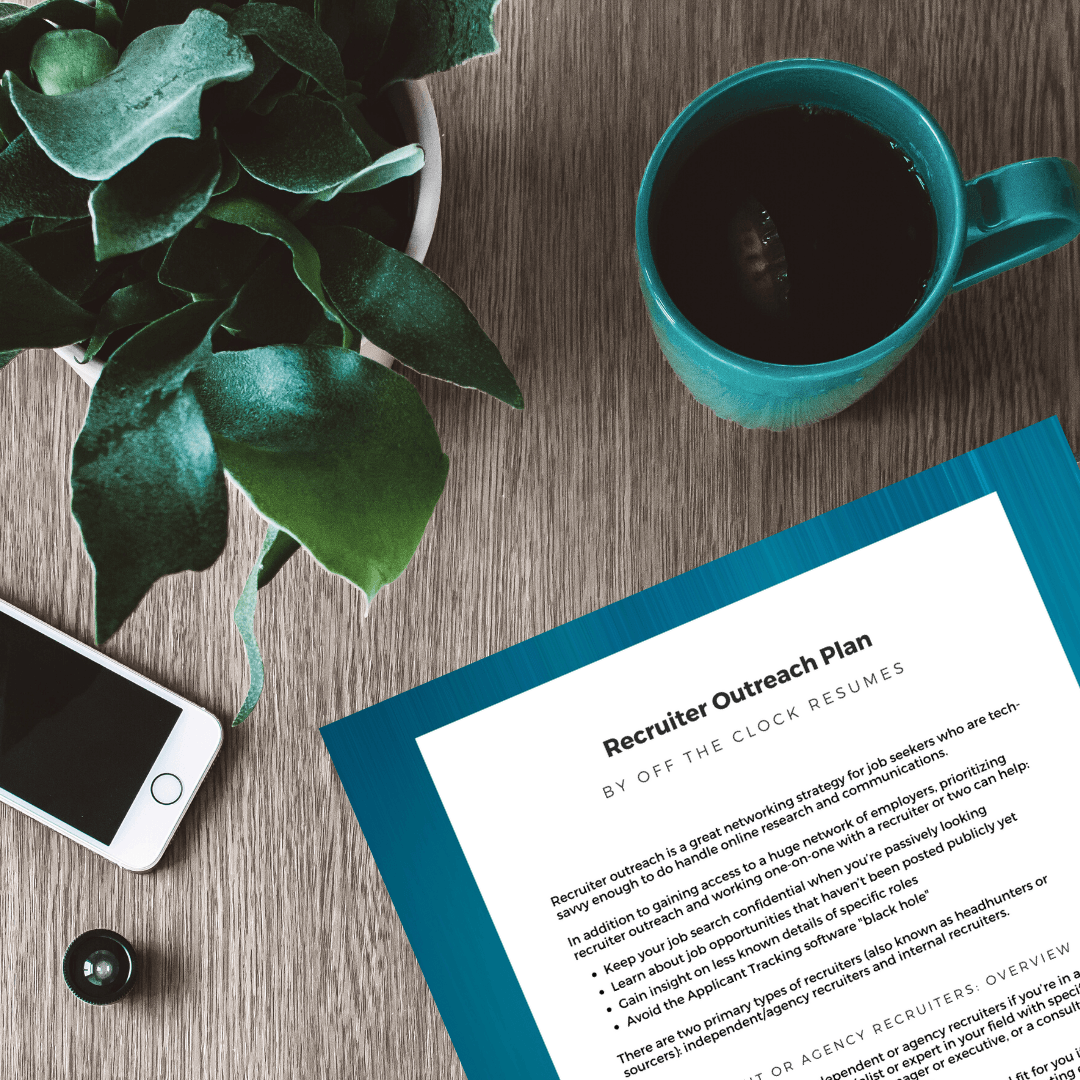
Do's And Don'ts Of Your Two-Weeks’ Notice
Sometimes, your job description changes on you.
Sometimes, you completely forget what work-life balance looks like.
Sometimes, you’re feeling underappreciated and undervalued by your employers.
And sometimes, you get lucky and your dream job lands in your lap.
Whatever the scenario is, celebrating a new opportunity may have to be put on hold until you put in your two-week’s notice. Yes, it can be awkward. Yes, it can be stressful. It’s a critically important step to execute gracefully if you want to prevent burning bridges and walk away with a strong recommendation.
Transitioning from the job you’ve known for years to the next new and better job opportunity can be graceful if you keep calm and keep these do’s and don'ts of your two-week’s notice in mind.

This blog contains affiliate links, meaning I may receive a small commission (at no cost to you) if you subscribe or buy something through the links I share. I only share links to products or services that I use myself or absolutely love!
When It's Time For Your Two-Week’s Notice
Is there ever a good reason to quit your job? Of course, but there are still consequences especially if you don't have another job lined up. The hazards of quitting prior to accepting another job offer include a halt in paychecks, no unemployment benefits, and often a more challenging and stressful job search. An employer is more likely to hire a candidate who is currently employed than one who isn't.
There are definitely some situations when quitting your job may be unnecessary:
- When your job is interfering with family responsibilities
- When your commute is causing you financial or emotional stress
- When you can't keep the peace with your co-workers
- When you get a negative performance review
- When policies change in a way that negatively impacts you
These are situations to work around termination. In most cases, you can make arrangements with your employer to change your schedule and maybe telecommute if your work schedule is causing stress and issues at home. When workplace issues become personal, it may be time for a mediator whether it be your supervisor or Human Resource Manager.
But, when should you quit your job?
- When your job is physically making you sick
- When your boss starts reallocating your responsibilities
- When you are no longer being challenged or offered opportunities to advance
- When you are offered a new and better opportunity
When work stress has taken over your life and affects your health and wellness, you need to make a change. There is no job worth getting sick over. On the flip side, work can become mundane when your strengths are not being utilized. Know when to move on, especially when you're offered a chance to maximize your potential.
When You Quit...
Do: Tell your supervisor as early as possible.
Don’t: Tell your co-workers first.
This is a cardinal rule of giving your two weeks’ notice. While two weeks is typically your legal obligation and a sign of respect to your employers, the more notice you give the better. A four weeks’ notice is more appropriate for professional careers especially when you are responsible for projects or accounts.
Make sure that your employer or direct supervisor is the first to know. Sharing this information with others can backfire in so many ways, and your employer will find it disrespectful. Don't burn bridges!
Do: Finish what you’ve started.
Don’t: Slack off.
As stated before, finish what you started especially when you're in charge of projects or accounts. When you work one-on-one with clients, you should never leave them hanging during your last days. Make sure you tie up loose ends or pass off the work appropriately so you don't burn bridges (noticing a pattern?).
Do: Keep it civil.
Don’t: Hash it out.
With the light at the end of the tunnel, it should be easy to keep positive. More often than not, employees think they need to leave with nothing to hide. Rather than a dramatic show of brutal (and usually unnecessary) honesty about how you feel about co-workers, supervisors, or policies, it's best to stay civil and move forward without (that's right!) burning bridges.
Do: Stay in touch.
Don’t: Disappear until you need a reference.
Supervisors are less likely to provide a positive reference or offer your job back should you rise from the ashes years later. Keep in touch by connecting on LinkedIn, dropping an email every couple of months to check in, or even dropping by to say hi.
Staying in touch through a networking relationship and following-up occasionally shows a level of professionalism that will keep you from burning bridges.
Not sure how or when? This step-by-step Follow-up Plan includes a digital planner and templates to help you track and follow up consistently on job applications, networking efforts, and interviews
Do: Move forward.
Don’t: Dwell on past wrongs.
Let's say you left on bad terms. Let's say you quit because of changes in the workplace, personal conflicts with colleagues, or for your health and wellness. The best thing you could do is move on. Don't trash talk your employer or former co-workers in an interview. Don't damage or steal your employer's property.
Focus on your future, create a career plan, boost your LinkedIn profile, actively network with target employers, and move on.
When To Quit Without Notice
Professionalism should never come before your health or safety. There are situations where it is perfectly acceptable to quit without notice. These situations include:
- When you have been physically abused by a co-worker or supervisor
- When you have been sexually assaulted by a co-worker or supervisor
- When the work environment becomes unsafe
- When your mental health is endangered by stress
- When you have been asked to do something illegal
- When a crisis has happened and you can't continue working
Related Articles
-

Guide To Choosing A Career In SaaS
Thinking about a career in SaaS? Guest blogger Jacob Wickett shares top roles, key skills, and how to break into this fast-growing industry.
-

Navigating Your Career Path with a Family Nurse Practitioner Degree Program
Guest blogger Sadie Smith reveals how strategic planning in your healthcare career broadens your impact on patient care and community health.
-

Breaking Barriers: A Guide to Empowering Women in Manufacturing Leadership
Guest contributor Sadie Smith shares this comprehensive guide on how women can reshape the manufacturing industry landscape with actionable insights.






